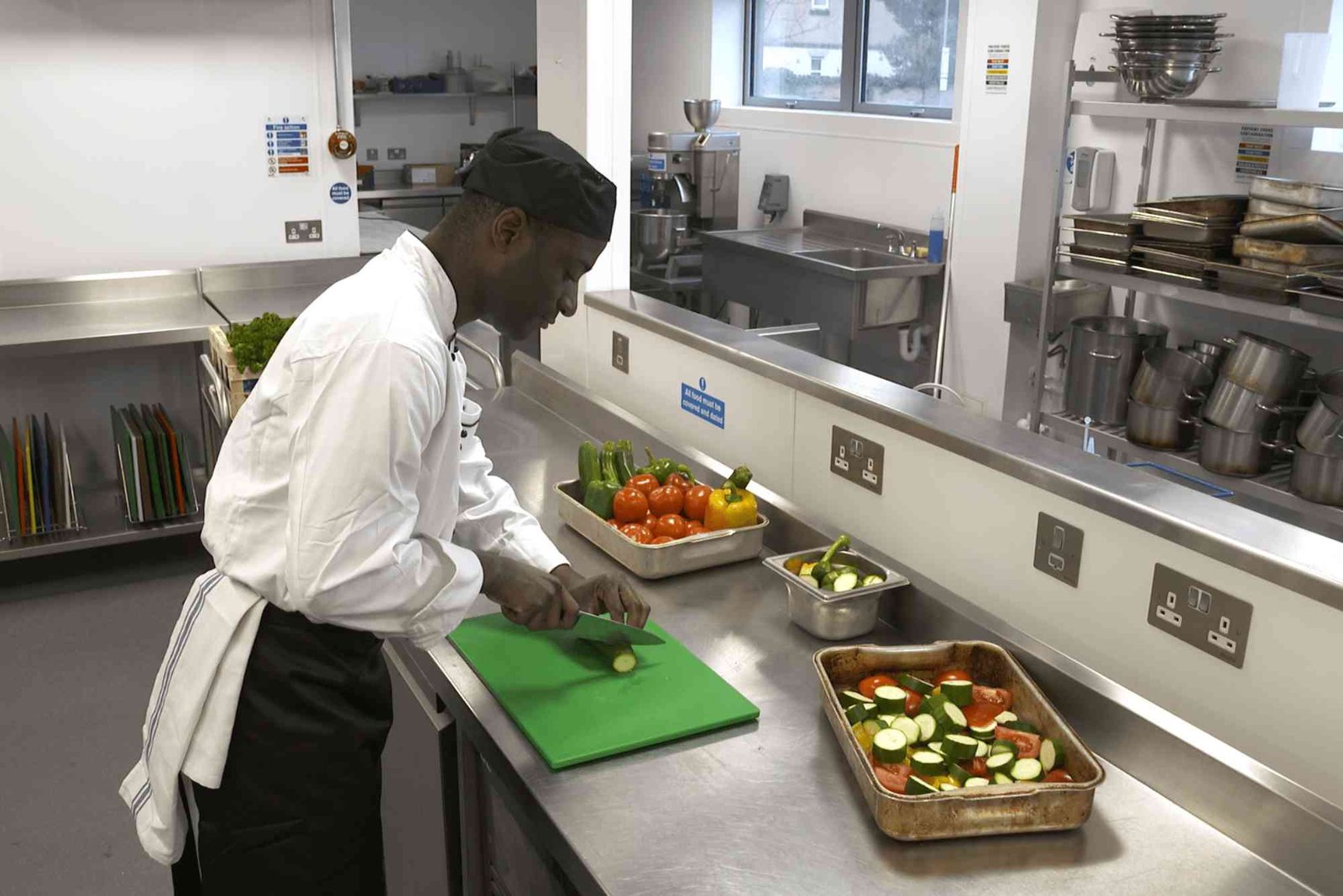Food Safety Course: Ensuring Safe Food Handling Practices
In today’s world, food safety is a critical concern. Whether you’re working in a restaurant, catering service, or food manufacturing, understanding proper food safety practices is essential to prevent foodborne illnesses and ensure the well-being of your customers. Enrolling in a Food Safety Course can help you gain the knowledge and skills required to handle food safely, maintain hygiene, and follow legal requirements.
Why is Food Safety Important?
Food safety goes beyond just keeping food clean. It involves preventing foodborne illnesses caused by improper handling, preparation, or storage. According to the Centers for Disease Control and Prevention (CDC), approximately 48 million Americans fall ill each year from foodborne diseases. This makes understanding food safety vital for anyone involved in food-related industries.
What Will You Learn in a Food Safety Course?
A comprehensive Food Safety Course covers various aspects of food handling, hygiene, and safety protocols. Here are the key topics typically covered:
Basic Food Safety Principles
Understanding the basics of food safety, including the importance of keeping food at the right temperature, proper storage methods, and handling food to avoid cross-contamination.
Personal Hygiene and Sanitation
Maintaining good personal hygiene is essential to avoid contaminating food. Topics include handwashing techniques, cleanliness of clothing, and using gloves when necessary.
Preventing Cross-Contamination
Cross-contamination occurs when harmful bacteria or allergens are transferred from one food to another. You’ll learn about the proper handling of raw foods, such as meat, poultry, and seafood, to avoid this risk.
Safe Food Preparation
Learn the correct methods for preparing food, including cooking at the right temperatures, using clean equipment, and following safe handling practices to minimize the risk of foodborne pathogens.
Food Storage and Temperature Control
Proper food storage is vital to ensure food safety. You’ll learn how to store perishable foods, maintain the correct temperature for hot and cold foods, and avoid the danger zone where bacteria thrive.
Hazard Analysis Critical Control Points (HACCP)
HACCP is a systematic approach to food safety that identifies, evaluates, and controls food safety hazards. It is a valuable system that is often taught in food safety courses to prevent contamination from the start.
Who Needs a Food Safety Course?
While food safety courses are essential for anyone working in the food service industry, they are also useful for anyone interested in improving their knowledge of food handling. The following individuals may benefit from taking a Food Safety Course:
- Restaurant and Catering Staff
- Food Manufacturers and Distributors
- Food Truck Operators
- Home Cooks
- Food Safety Inspectors
- Anyone Working in Food-Handling Roles
How to Choose the Right Food Safety Course?
When choosing a Food Safety Course, consider the following factors:
- Accreditation: Ensure the course is accredited by a recognized food safety authority.
- Course Content: The course should cover essential topics like hygiene, cross-contamination, temperature control, and HACCP.
- Certification: Choose a course that provides certification upon completion. This certification is often required for jobs in the food industry.
- Duration and Format: Select a course that fits your schedule, whether it’s online, in-person, or self-paced.
The Benefits of Completing a Food Safety Course
Completing a Food Safety Course offers numerous advantages:
- Improved Knowledge and Skills: Gain a thorough understanding of food safety standards and procedures.
- Career Advancement: Many employers require food safety certifications, especially in the foodservice industry.
- Legal Compliance: A food safety course helps you meet regulatory requirements and avoid penalties.
- Customer Safety: By following proper food handling guidelines, you reduce the risk of foodborne illnesses, ensuring customer satisfaction.
Whether you’re a professional in the food industry or simply someone who enjoys cooking at home, a Food Safety Course is a valuable investment. It not only helps in maintaining hygiene and preventing contamination but also promotes public health and enhances your career prospects.
FAQs about Food Safety Course
1. What is the duration of a Food Safety Course?
The duration varies, but most courses take between 2-4 hours for online classes, while in-person training may last 1-2 days.
2. Is a Food Safety Certificate required for all food workers?
While it’s not required in all regions, many states and employers require food safety certifications for workers in the food service industry.
3. Can I take a Food Safety Course online?
Yes, many accredited organizations offer online food safety courses, which allow flexibility in learning.
4. Do I need to renew my Food Safety Certificate?
Yes, some food safety certifications require renewal every few years to ensure you stay up-to-date with the latest regulations and practices.



